Airborne Electrical Equipment GJB181A-2003 Test Lithium Battery
With the rapid development of aerospace field, airborne electrical equipment plays an increasingly important role in aircraft. In order to ensure the safety and reliability of airborne electrical equipment, all countries have issued a series of standards and specifications, including GJB181A-2003 standards. This article will introduce the test requirements of GJB181A-2003 standard for lithium batteries in airborne electrical equipment and the importance of lithium batteries in aviation field.
1. Overview of GJB181A-2003 standards for airborne electrical equipment
GJB181A-2003 is a standard on power system issued by China's national defense industry, which is applicable to the power system of aircraft, missiles, ships and other military equipment. This standard includes various requirements for power system, including specific provisions for battery selection, performance testing, environmental testing, etc. In the aviation field, GJB181A-2003 standard is widely used in the design, production and testing of airborne electrical equipment.
2. Application of lithium batteries in airborne electrical equipment
as a kind of high performance and lightweight battery, lithium battery has been widely used in aviation field. Lithium batteries are often used as power sources in airborne electrical equipment, such as portable communication equipment, navigation equipment, flight recorder, etc. Lithium battery has the advantages of high energy density and fast charging, which can meet the high requirements of airborne equipment for power supply and improve the performance and stability of equipment.
3. GJB181A-2003 Standard test requirements for lithium batteries
A series of test requirements for lithium batteries in airborne electrical equipment have been carried out in GJB181A-2003 standard to ensure its safety and reliability. The following are some common test items:
3.1 battery performance test
the capacity, cycle life and self-discharge rate of lithium battery are tested to ensure that it meets the requirements of airborne equipment.
3.2 Thermal performance test
the thermal performance of lithium battery is tested under extreme environmental conditions such as high temperature and low temperature to evaluate its performance at different temperatures.
3.3 Environmental Test
conduct environmental tests on lithium batteries such as vibration, shock, damp-heat and so on, simulator the use of load equipment in different working environments, and evaluate its stability and reliability.
The importance of airborne electrical equipment in aviation is self-evident, while as one of its power sources, it plays a key role in improving the performance and stability of equipment. GJB181A-2003 standard puts forward strict test requirements for lithium batteries in airborne electrical equipment to ensure its safe and reliable operation. By following the provisions of the GJB181A-2003 standard, the quality and performance of lithium batteries in airborne electrical equipment can be effectively improved, and the flight safety and efficiency of aircraft can be guaranteed.
 Dongguan Juneng New Energy Technology Co., Ltd.
Dongguan Juneng New Energy Technology Co., Ltd.
 137 5142 6524(Miss Gao)
137 5142 6524(Miss Gao)
 susiegao@power-ing.com
susiegao@power-ing.com
 Xinghuiyuan High tech Industrial Park, Dalang Town, Dongguan City, Guangdong Province
Xinghuiyuan High tech Industrial Park, Dalang Town, Dongguan City, Guangdong Province


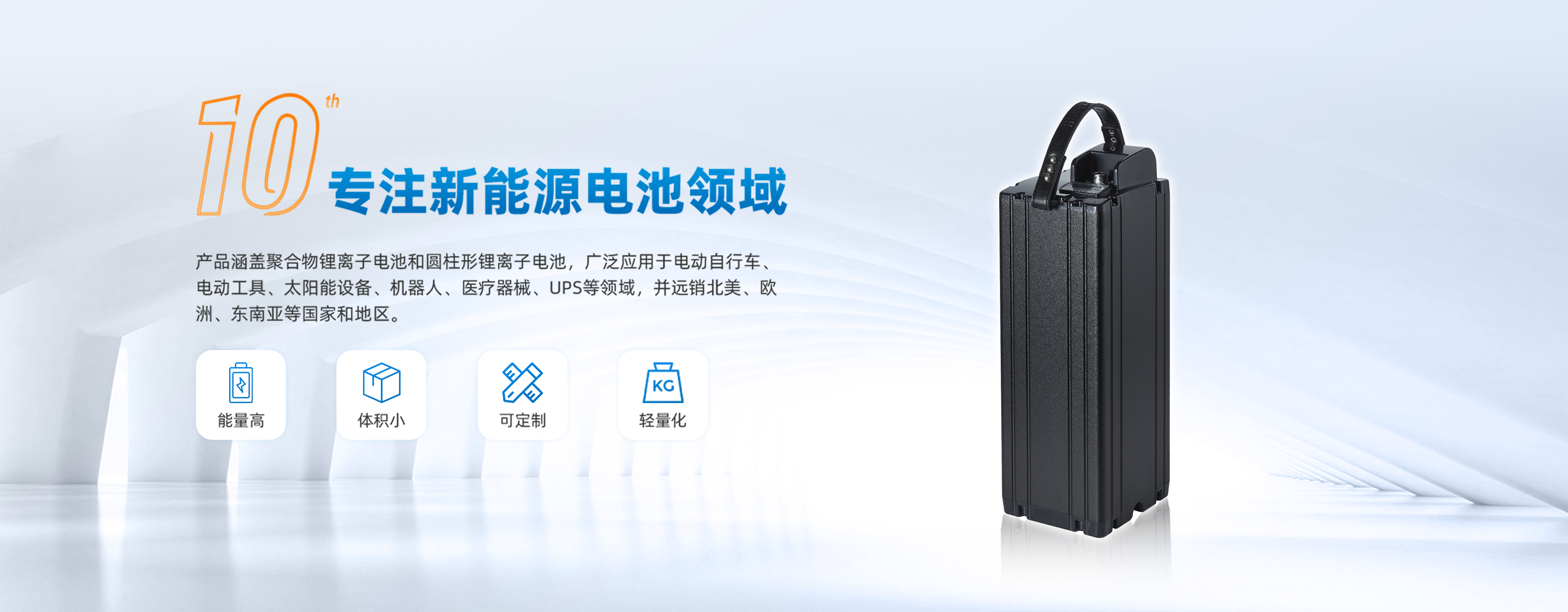
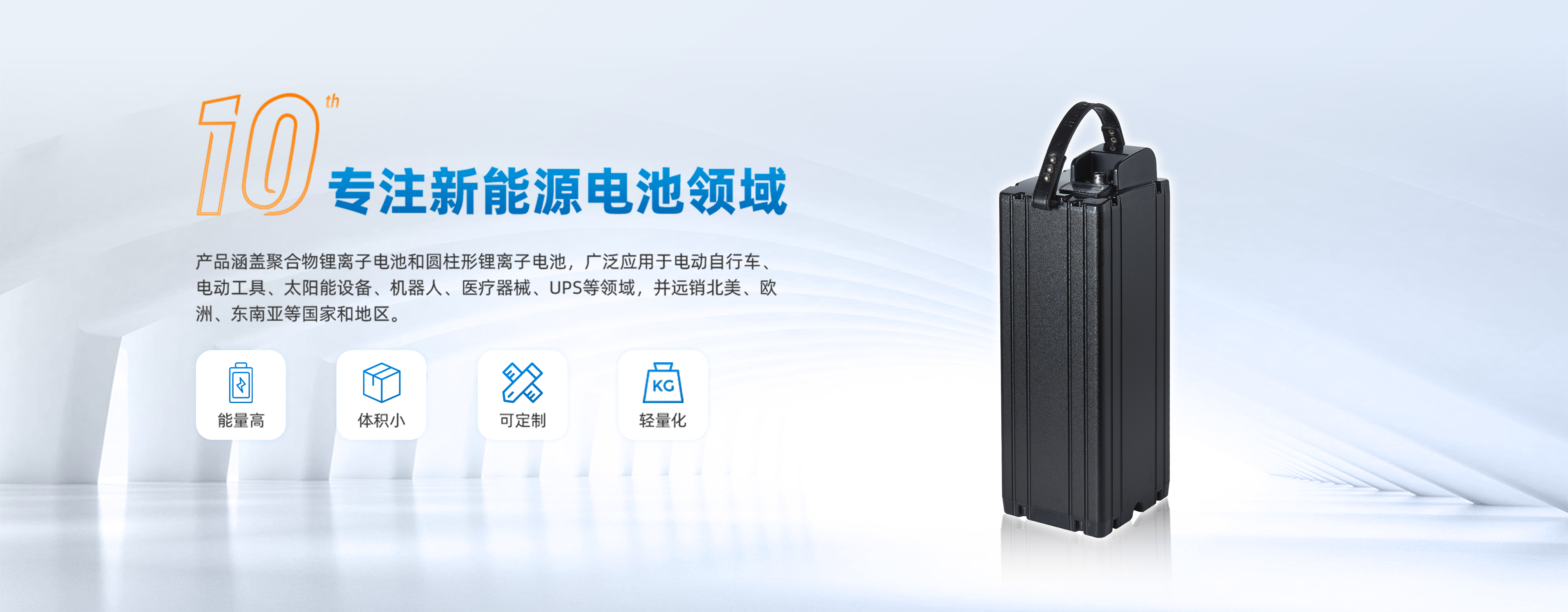
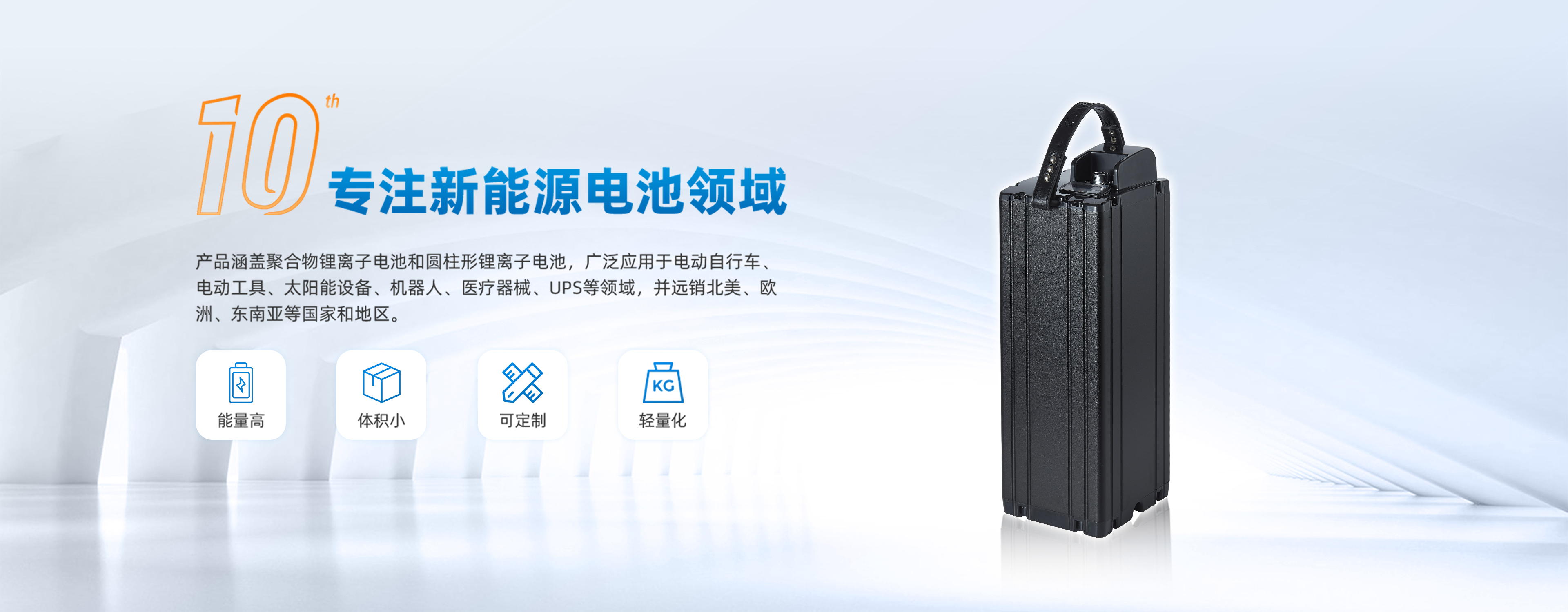



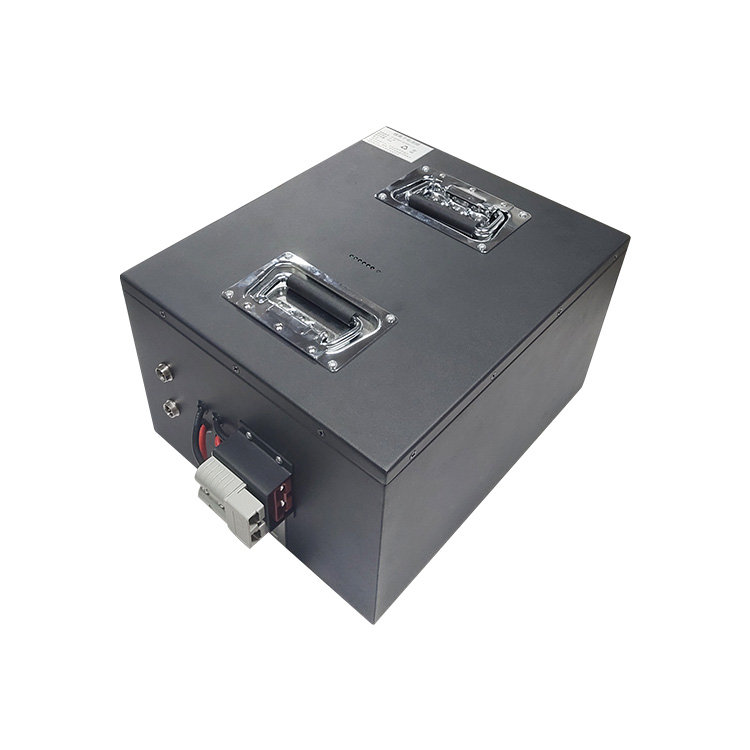


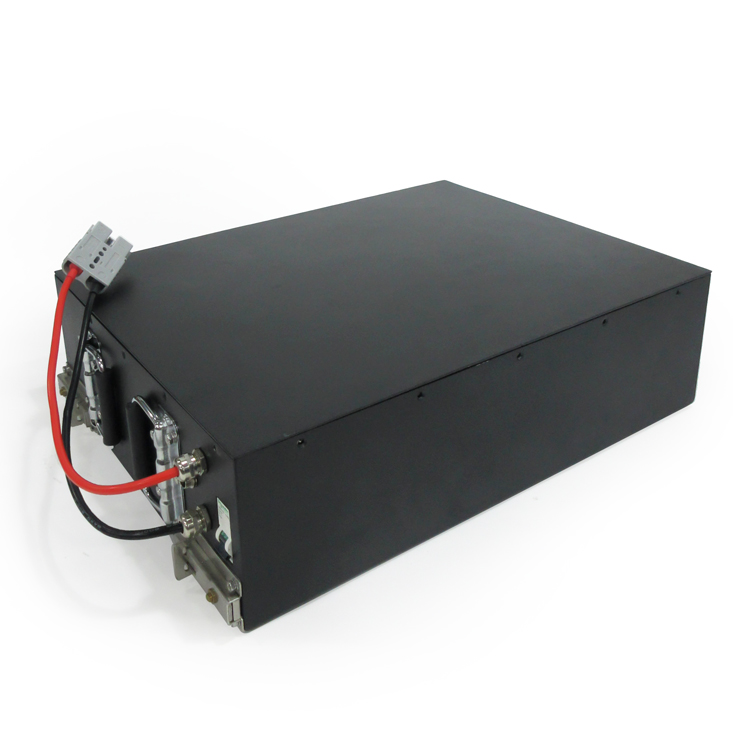

 Yue Gong Wang An Bei No. 4419002007491
Yue Gong Wang An Bei No. 4419002007491